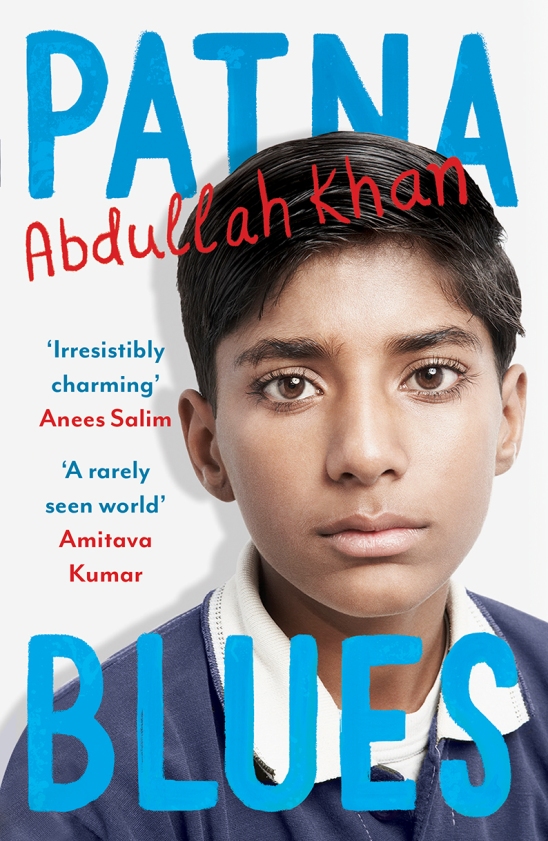Book review: Patna Blues by Abdullah Khan
Reviewed by Saba Mahmood Bashir

Title: Patna Blues
Author: Abdullah Khan
Publishing House: Juggernaut Books
Year of publication: 2018
Price: Rs 499
Author: Abdullah Khan
Publishing House: Juggernaut Books
Year of publication: 2018
Price: Rs 499
Yeh maikad-e-ishq hai yahan jaam-e-junoon milta hain
Giriya-e-deed-e-Qaisha wa Qalb-e-Laila ka khoon milta hai
Giriya-e-deed-e-Qaisha wa Qalb-e-Laila ka khoon milta hai
To say that Patna Blues, the debut novel of Abdullah Khan, is about the life of a young boy, an IAS aspirant from Patna, is limiting the scope of the book and the author. Strongly set in the history and politics of the nation of the last 30 years or so, the story is woven on the desire of a middle class, hardworking family to see their son as an administrative officer. What gets sewn in the storyline is the infatuation of Arif Khan, the protagonist, with a Hindu married woman, Sumitra, who is much older to him. However, in actuality what lies within the fabric of the story is the socio-political situation of the country in the background and which keeps jutting out throughout the main narrative. Right from the building up of the political mood of the nation before the demolition of the Babri Masjid to the Gujarat carnage and the then Chief Minister being denied the US visa, the story continues along the arc of political changes that happen in the country. One notices the changes in the storyline with the rise of extremism and its impact on the common man. There are references of how his honest father, a respectable police inspector, had to pay the price for his honesty, and how the corrupt officials tried to settle scores with him after he retired. This issue of corruption has been dealt with rather sensitively, portraying at length the helplessness of an honest officer. Again, when Arif’s younger brother, an aspiring actor, goes missing from a Muslim dominated locality in Delhi, there are suggestions of corruption and an existing fear of the police.
The ills of the caste system have also been deftly spelt out – be it the discussion of ‘pathans’ and ‘julahas’ during the selection of a groom for Arif’s sister, or the mention of Brahmins and Kshatriyas during the course of the story. Khan also brings forth issues of poverty, while talking about the wedding of his sisters.
There are two other interesting aspects of the novel – one is the use of local dialect and language, as spoken in the belt of Bihar where the story is set; and secondly, the love of Urdu poetry which is shared both by Arif and Sumitra. If there are original pieces of couplets penned by Khan, Momin and Faiz are quoted as well. One finds references to Hindi films when Gulzar and Kishor Kumar are mentioned or when Arif and Sumitra go and watch Saajanclandestinely. There seems to be an unending wait throughout the novel, be it for the UPSC results or for knowing if the relationship between Arif and Sumitra would eventually lead to somewhere or even the wait for his younger brother, Zakir. There are moments in the book which seem rather clichéd, making one wonder if the story of the novel moves more like a film, with a beginning and an end, or maybe, with the intention of a sequel, as some questions, like where was Zakir all this while and who was it who had passed on the information about him, remain unanswered. Perhaps answers to these would have rounded off and brought together the very nostalgic novel – nostalgic not only for people from Patna or Bihar, but from all small towns of the country which face the same predicaments.
After all, as Khan quotes Faiz,
Aur bhee dukh hain zamane mein mohabbat ke siva
Rahatein aur bhee hain vasl ki rahat ke siva…..
Rahatein aur bhee hain vasl ki rahat ke siva…..
Saba Mahmood Bashir is an author, poet and translator.
No comments:
Post a Comment